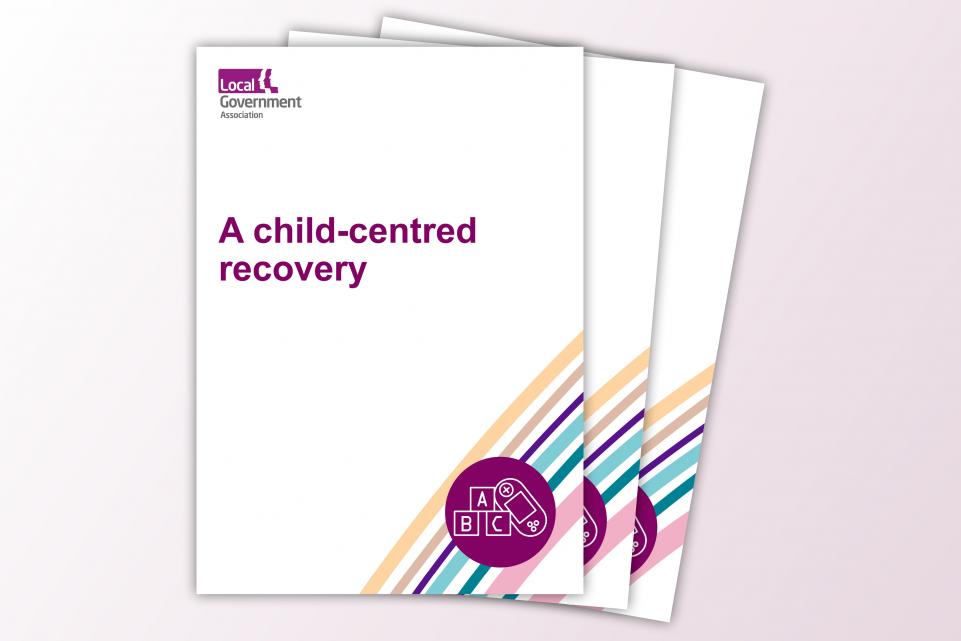The rhythms of education, the school year and other youth services have been completely changed by the impact of the crisis.
Whilst many families have enjoyed the extra time together, we must reflect on the fact that the services to support our young people are often designed around interaction between them and other trusted adults, including teachers and youth workers. With those face-to-face interactions suddenly taken away councils have had to quickly re-imagine how they deliver on one of our most important duties – ensuring young people thrive.
The partnership between schools and councils was strengthened during the pandemic. Councils convened the local family of schools, helping them to interpret and implement government guidance and supporting them in assessing the risks of opening to new groups of children including the most vulnerable pupils and children of key workers. Councils hold the local levers over issues such as public transport and public health that will be needed to get children back to school safely and parents back to work.
The real challenge for children’s services is yet to come. Referrals to children’s social care have fallen during lockdown and a surge in the number of children needing support is anticipated as we move out of the initial response phase. We need to support children, young people and families as the longer-term impacts of the social distancing measures and pandemic hit, whether that is hidden harm, poverty or mental health issues. Services must be properly funded for that, and they must retain flexibility to respond to the different challenges different areas will face.
The significant challenges currently in providing the right placements for children in care will become even more apparent if we see an increase in children coming into care or a spike in placement breakdowns as restrictions are lifted. Councils will need to work urgently to expand local provision, both in-house and working with private and voluntary sector providers, to ensure children have safe, loving homes appropriate for their needs. Important lessons have been learnt about new ways to deliver services that in some cases have been better for children, young people and their families. We must learn these lessons and give councils space to embed this learning.
Early education entitlements have been underfunded for years, which meant many early years providers had little financial headroom to protect their services when COVID-19 hit. Regardless, many continued to offer provision even when this meant operating at a loss. We must recognise the vital contribution early years settings make, both to children and to families, enabling parents and carers to work and fund the entitlements properly in the long term.
COVID-19 is likely to lead to an increase in mental ill-health in children and young people, both as a direct consequence of the virus and as a result of the measures needed to contain it. There are likely to be groups who are more vulnerable to experiencing mental health issues, such as young carers, vulnerable children, those in households with domestic abuse and those in households experiencing economic hardship.
Councils are uniquely placed to bring together the local services that are needed to support children and young people’s mental health and tackle problems before they become acute. Again, schools will be on the frontline, but will need to access a range of services that support families including public health, adult and children’s services and housing. Many mental health services have been delivered remotely and online during the pandemic and lessons can be learnt in the delivery of an expanded range of services to support mental health and wellbeing of children and their families.
With appropriate funding and as local leaders of education and children’s services, councils will be integral to minimising the longer-term impacts of restrictions on our children and young people, and helping them to thrive again.
To build on the effective partnerships established with schools and settings during the pandemic to support and protect children, young people and families.
To invest in preventative universal and early help services to ensure that children, young people and families receive the practical, emotional, educational and mental health support they need, as soon as they need it.




